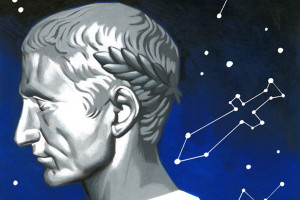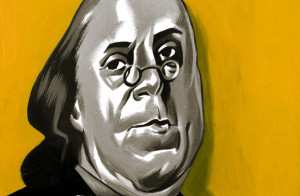Some kind of controversy always seems to surround the Oscars. If it isn’t outrage beforehand over who was snubbed, it is derision afterward about the embarrassing speeches or the taste-‐challenged outfits that were paraded down the red carpet.
Yet the “Oscar effect” on nominated movies can be transformative. In 2004, a low-key film about a female boxer had earned just $8.5 million. But after being nominated for best picture, “Million Dollar Baby” enjoyed a spectacular resurgence and raked in additional $56.4 million, according to the website Box Office Mojo.
The enormous financial rewards that the Oscars can bring are a far cry from the more modest prizes given out by their spiritual ancestor, the ancient Greek festival of Dionysus. Most historians agree that the festival was responsible for awarding the first drama prizes in history. The original winner, in the sixth century B.C., is said to have been Thespis, from whom the word “thespian” came. Instead of a golden statuette, Thespis received a live goat.










